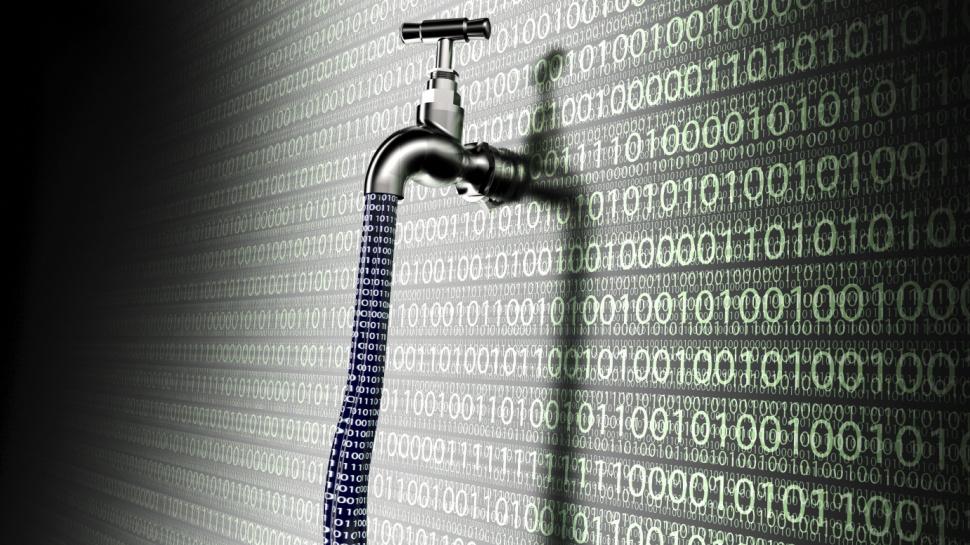- A researcher found 378 GB of backup data
- The file belongs to the Federal Navy Credit Union
- The files were blocked quickly
Navy Federal Credit Union (NFCU), the largest credit cooperative in the United States, was filtering confidential information to the open network maintaining an unprotected backup database and available on the wider Internet. This is according to Jeremiah Fowler, a cyber security researcher known for looking for non -encrypted and protected databases.
In a recent announcement, Fowler said he found a file containing 378 GB of backup data. The data belong to the largest credit cooperative that serves military members and their families, and contained storage locations, keys, hash passwords and other potentially confidential internal information.
“In a limited sample of the files exposed, I saw the names of internal users, email addresses and what seemed to be passwords and hash keys,” Fowler explained. “The backup files also revealed what seemed to be operational metadata, systems records and commercial logic, such as codes, product levels, optimization processes, rates structures and other data to which they should not have been publicly accessible.”
Firmware update
NFCU serves military members, veterans, employees of the Department of Defense and their families with banking, loans and financial services. It was founded in 1933, and according to the Planet website, it has approximately $ 180.8 billion in assets under administration, and has 14.5 million members.
As soon as the researcher contacted NFCU, the organization blocked the database, but did not respond to the dissemination notice. Therefore, it is unknown who really operates the backup (it could be NFCU, but it could also be a third), for how long it remained open, and if someone agreed before Fowler.
Although the members of the members are not available in flat text, there is a “significant potential risk” to expose auxiliary information, Fowler stressed. “Hypothetically, attackers could use internal information (such as names, emails and user ID) to direct staff or accounts with credentials, phishing or other social engineering attempts, with the aim of obtaining more access to systems, files or data from sensitive members.”
Therefore, customers are advised to be more attentive when they receive email messages and other communication that claim that they come from NFCU.
Through Website planet




